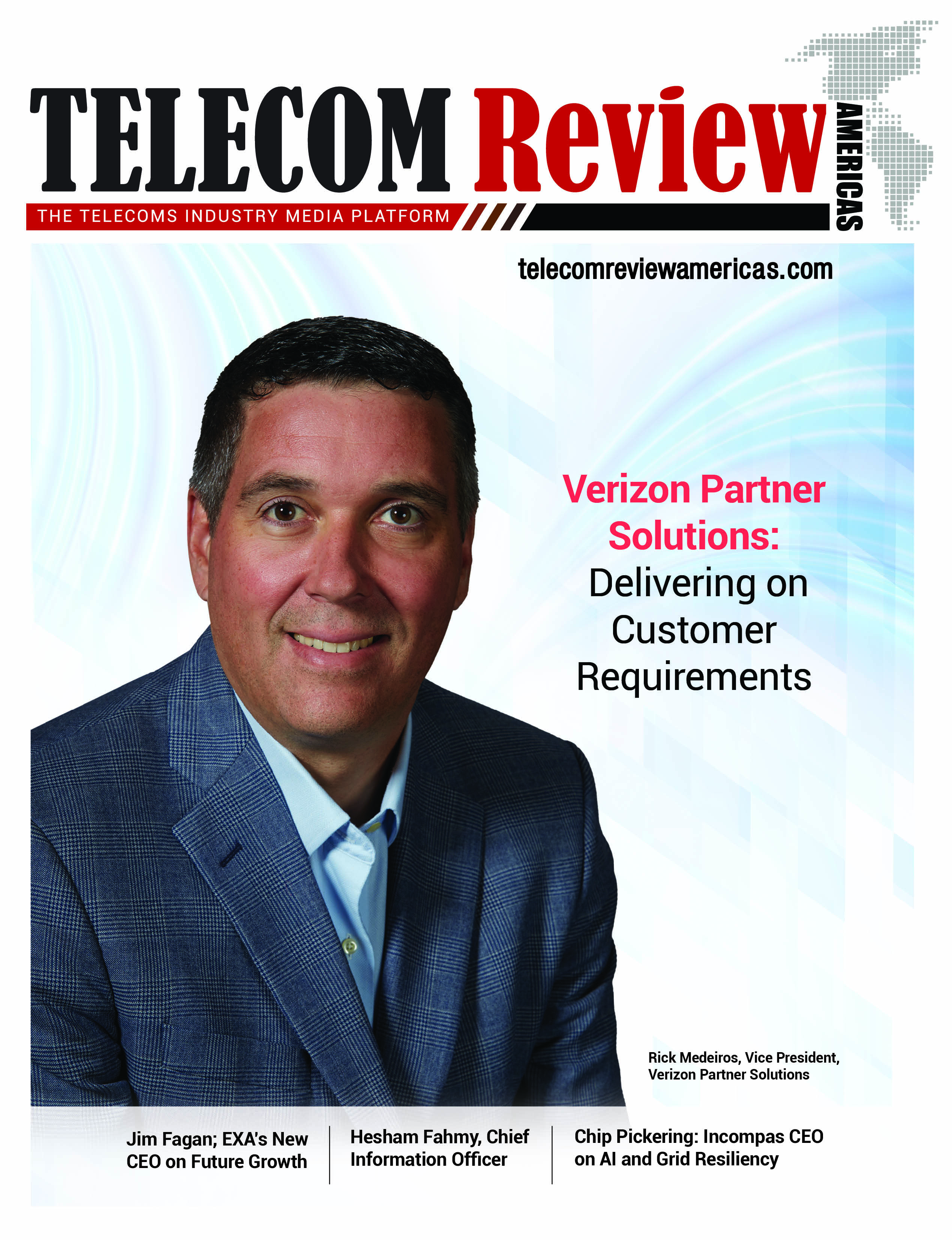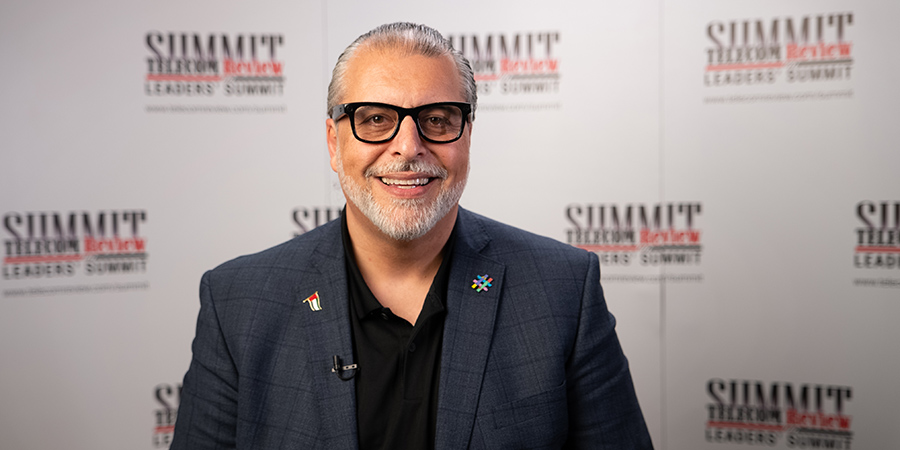In an exclusive interview with Telecom Review, Samer Geissah, the Director of Technology Strategy and Architecture at TELUS, offered valuable insights into the telecom giant's vision for the future and its commitment to providing diverse solutions within the industry. He shed light on TELUS's strategic plans and collaborations, emphasizing the evolving landscape from 4G to 5G and beyond.
Tailoring Solutions for Unique Needs
Geissah emphasized that the future of telecommunications revolves around establishing solutions to meet the diverse needs of customers, “I really think the future is all about tailoring solutions for our customers’ needs.”
Recognizing that there is no one-size-fits-all solution, he highlighted the significance of understanding the unique requirements of users. As technology advances from 4G to 5G and eventually 5G-Advanced, Geissah underscored the importance of addressing evolving gaps in service delivery, going beyond speed and lower latency to enhance the overall user experience.
Unlocking the True Potential of 5G
While 5G has brought about increased expectations, Geissah noted that its true potential lies in enterprise use cases, private wireless networks, edge computing, and slice management. He highlighted the impact of 5G on connected devices; creating an ecosystem that facilitates monetization and seamless user interaction. Geissah also shared the importance of looking ahead to anticipate future challenges and developing solutions that align with the magnitude of connected devices.
Connected Cars Paving the Way
Drawing on an example from the transportation vertical, Geissah illustrated how connected cars, already equipped with 4G or 5G connectivity, are becoming self-aware and autonomous. However, he stressed that the true potential of connected cars lies in their ability to interact with the environment. This involves communication with infrastructure such as traffic cameras, traffic light controllers, pedestrians, and other autonomous vehicles. Geissah's insights highlighted the intricate layers of connectivity needed to propel the transportation industry towards a future marked by increased self-awareness and seamless interactions.































